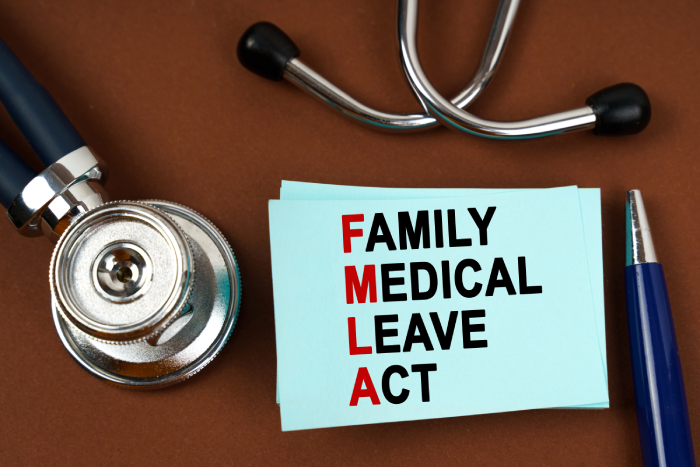The Family Medical Leave Act guarantees certain employees up to 12 weeks of leave to “care for” an immediate family member (a spouse, son, daughter, or parent) with a serious health condition. But what exactly does “care for” mean? Does going on a vacation with a family member who is ill count as “care” under the FMLA law, or is more needed? Recent cases and the regulations from the FMLA law provides some insight into these questions. In a recently decided case, Beverly Ballard v. Chicago Park District, the Court found that a daughter’s care for her mother while on a family trip to Las Vegas constituted “care” under the Family Medical Leave Act. The Court reasoned that the fact that the locale of care changed, had no bearing on Beverly Ballard’s status as her mother’s caretaker. By contrast, in Tayag v. Lahey Clinic Hospital, the Court found that the Plaintiff’s seven week trip to the Philippines to participate in a faith healing event with her ill husband was not protected leave under the FMLA. Unfortunately, the FMLA law doesn't yet clarify matters further as they don’t specifically address longer term travel with the ill individual. The relevant administrative rule, 29 C.F.R. § 825.116(a), (b), gives several examples of "caring for" a family member:
(a) It includes situations where, for example, because of a serious health condition, the family member is unable to care for his or her own basic medical, hygienic, or nutritional needs or safety, or is unable to transport himself or herself to the doctor, etc. The term also includes providing psychological comfort and reassurance which would be beneficial to a child, spouse, or parent with a serious health condition who is receiving inpatient or home care.
(b) The term also includes situations where the employee may be needed to fill in for others who are caring for the family member, or to make arrangements for changes in care, such as transfer to a nursing home.
Lebau & Neuworth attorneys are experienced in protecting the Family Medical Leave Act rights of employees. Contact us if you have any questions about your rights.











